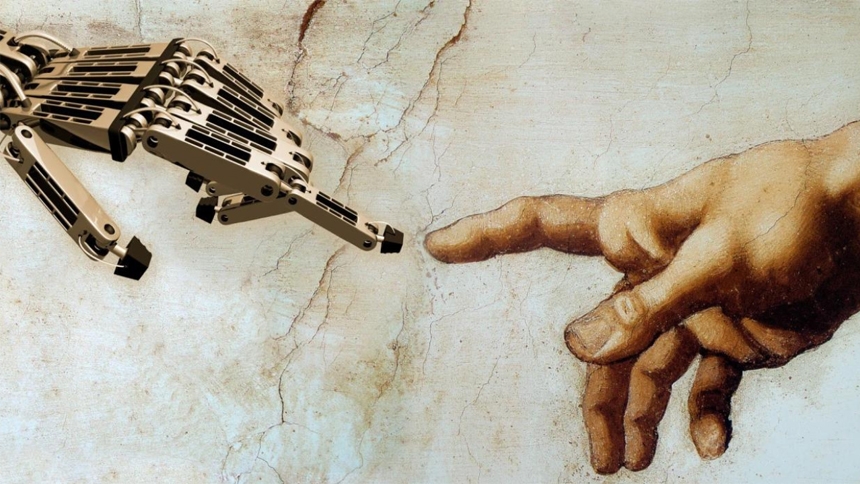
Faith and science: contrary or complementary? Scientists and theologians have been debating this for centuries. Even today, a new book, God. The science. The tests: the dawn of a revolution, tries to reason for the harmony between religion and science.
"It's not a book about faith or religion," said Michel-Yves Bolloré, engineer and co-author. "Faith is a different thing from the existence of God. Faith is an adherence, a consent to God. But you can believe in the existence of God without wanting to go any further. That's what we call deism. So our point of view is simply to know whether there is a creator God.
"It allows the book to be read by atheists, by agnostics, by Muslims, by Jews. It's not a Christian book, it's a book about the question is there a watchmaker behind this magnificent clock?"
Both authors are engineers. They describe a scientific revolution in the 20th century that led to a shift in the mentality that God's existence was irrelevant and outdated, which is what was many scientists like Freud and Marx had argued.
"It seemed that all the scientific discoveries made from 1500-1900 seemed to go against God and religion. It seemed to people that the universe could be explained more and more without God. And so, if the universe could be explained without God, people thought, well, he probably doesn't exist. And in the 1900s, basically all intellectuals and philosophers were atheists," Bolloré said. "But from the beginning of the 20th century, a great many discoveries came to challenge the idea that the universe could explain itself."
The authors cite discoveries in thermodynamics, quantum mechanics, biology and the Big Bang theory as changing the landscape of science and religion. But even with these developments, the relationship of these two fields has seemingly stayed out of mainstream media.
"The reason we don't hear about it is because people think that this question is unsolvable, that it can't be decided," said Olivier Bonnassies, engineer and co-author. "And if it can't be decided, it becomes uninteresting. But in fact, that's not true. It is solvable. It is not only the conclusion of classical religious philosophy, but now we and many other scientists also believe that there is more and more evidence for the existence of God. In fact, it's fair to say that there's never been so much."
After three years of research and writing, together with 20 other scientists, specialists and a Nobel Prize winner, the authors argue that undoubtedly science and faith are not only complementary but needed to understand the other.

